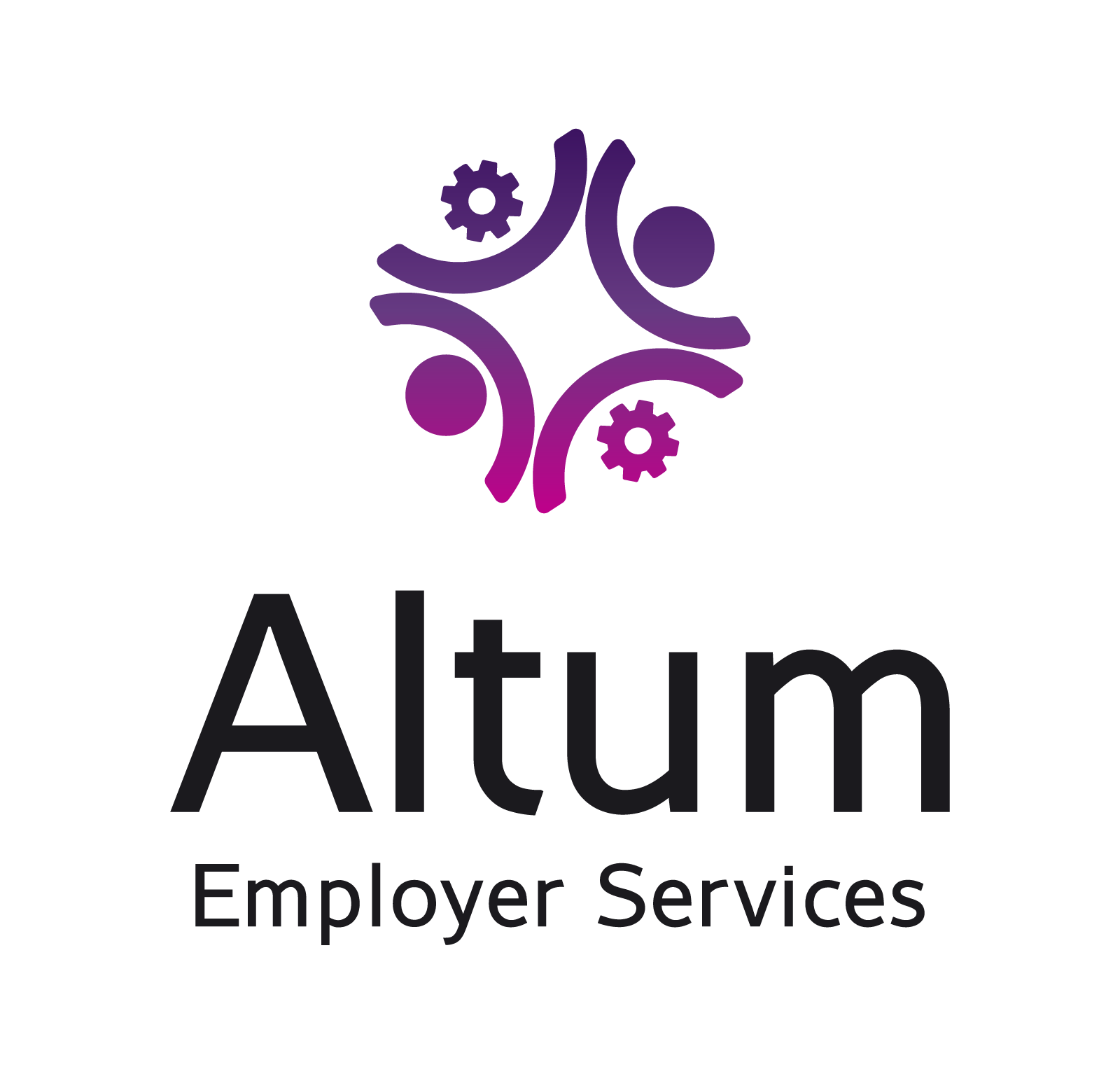Breaks: What are the legal requirement? (Do smokers get more?)
Breaks in the working day are essential and have many benefits for your staff. Evidence shows that breaks will increase the productivity of your team and decrease their stress levels.
Legal requirements for breaks
There are statutory requirements for the number of breaks staff should be taking which are laid out in the ‘Working Times Regulations’. Staff over the age of 18 are entitled to a 20-minute rest period if they are working for 6 or more hours in one shift. This could be their lunch, a cigarette break or a coffee break. Staff who are under 18 are entitled to a 30-minute rest break if they are working 4 and half hours in one shift. This doesn’t have to be a paid break – it is entirely up to the employer whether it is, and this should be clearly outlined in the contract of employment.
*Source: https://www.gov.uk/rest-breaks-work
Employers may choose to offer additional breaks – this is entirely at your discretion. There is also an expectation that employers will offer their staff more breaks if there is a risk to their health and safety by not having regular rests at work. A good example of this would be where staff are working on a monotonous production line and need to take breaks to maintain their alertness.
Health and safety
If your staff are looking at computer screens for long periods, it is also advisable to allow breaks to counter possible eyestrain. When additional breaks are needed for your staff member’s health and safety, you can make them take a break if this is outlined in their contract.
This may be key to ensuring their health and safety in the workplace so employers shouldn’t be afraid to insist breaks are taken. The responsibility would fall on the employer if an accident occurred because a staff member didn’t take their break. If extra breaks will are offered to staff, it is essential to ensure that they are detailed in the contract of employment.
Smoking breaks
There is no requirement for you to provide smokers with additional breaks in the working day outside of the 20-minute break that they are already entitled to. It would be at your discretion if you wished to provide extra breaks for this.
There are some other factors which also need to be taken into consideration concerning rest breaks.
- Breaks should be taken in one continuous block. The 20 minutes cannot be split into 2 x 10-minute breaks.
- A break cannot be taken at the beginning or the end of the shift (e.g. allowing the employee to have a late start or early finish). It must be taken DURING the shift.
- The employee is within their right to leave the premises during their break if they so choose.
- The employer has the right to decide when the break is taken. There may be busier periods (such as lunchtime if working in hospitality), and it would be understandable for an employer to ask staff to wait until after a busy period before they have their break.
Staff should have access to the toilet when they need to go. This is essential for their health, safety and welfare. However, managing excessive toilet breaks or excessively long toilet breaks may be necessary, especially if they are impacting workplace productivity.
It may be worth approaching the staff member to see if any underlying medical conditions could account for their actions. If this were the case, employers would not be able to deny additional toilet breaks. It may be worth addressing the issue of toilet breaks in the contract of employment to clarify the expectations relating to toilet breaks. Ensuring that all staff are treated fairly and equally and that guidelines are followed consistently is key.
Getting it right
Are you confident that your break policy is being upheld? If you’d like more information or anything in this blog, or support in ensuring that your policies are up to date get in touch and speak to one of our professional HR advisors for a free, no-obligation chat as to how Altum HR can support you.
